The OEI held a national meeting in Madrid on scientific cooperation and a just energy transition
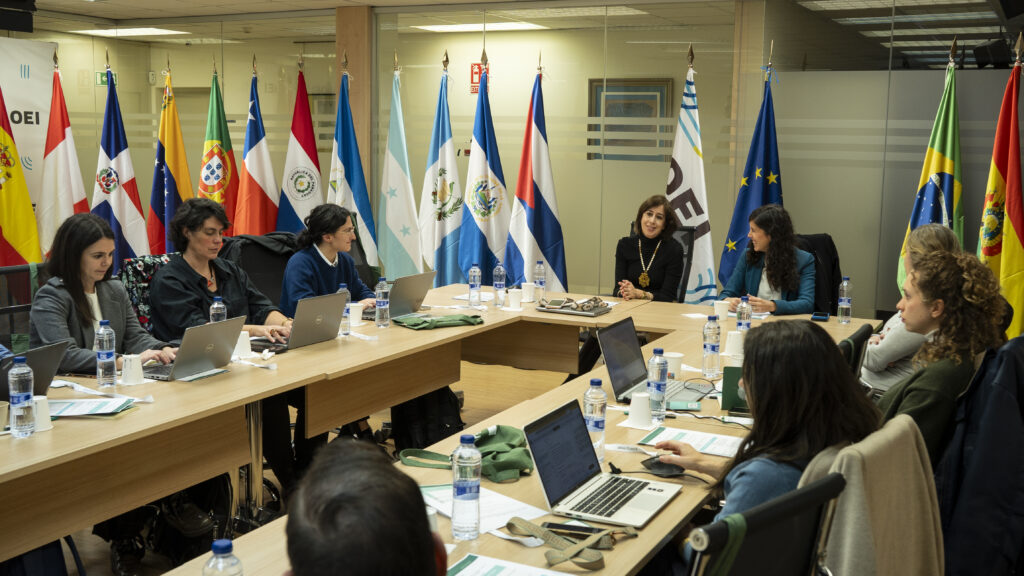
The Organization of Ibero-American States for Education, Science and Culture (OEI), in its role as the coordinating institution of the Energytran project and a key actor in Ibero-American scientific cooperation, held a national meeting on 10 December 2025 in Madrid entitled “Scientific cooperation for a just and sustainable energy transition: towards the 2026 Ibero-American Summit”.
The Pontifical Catholic University (PUC) of Chile is hosting the final event of the Energytran project: Perspectives on the energy transition in Ibero-America
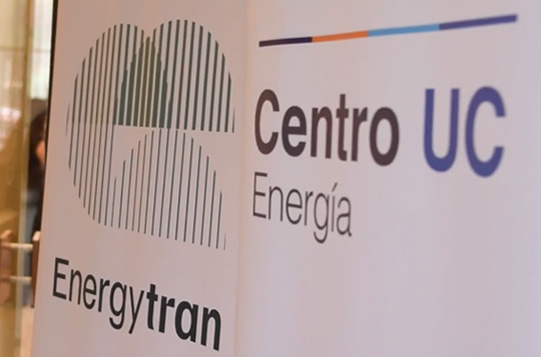
The results obtained within the framework of the Energytransition project from this scientific cooperation between research infrastructures in Latin America and the European Union in the field of energy transition were presented on 26 and 27 November 2025 in Santiago de Chile (Aula Magna of the Pontifical Catholic University).
Energytran presents its results at an international event in Chile
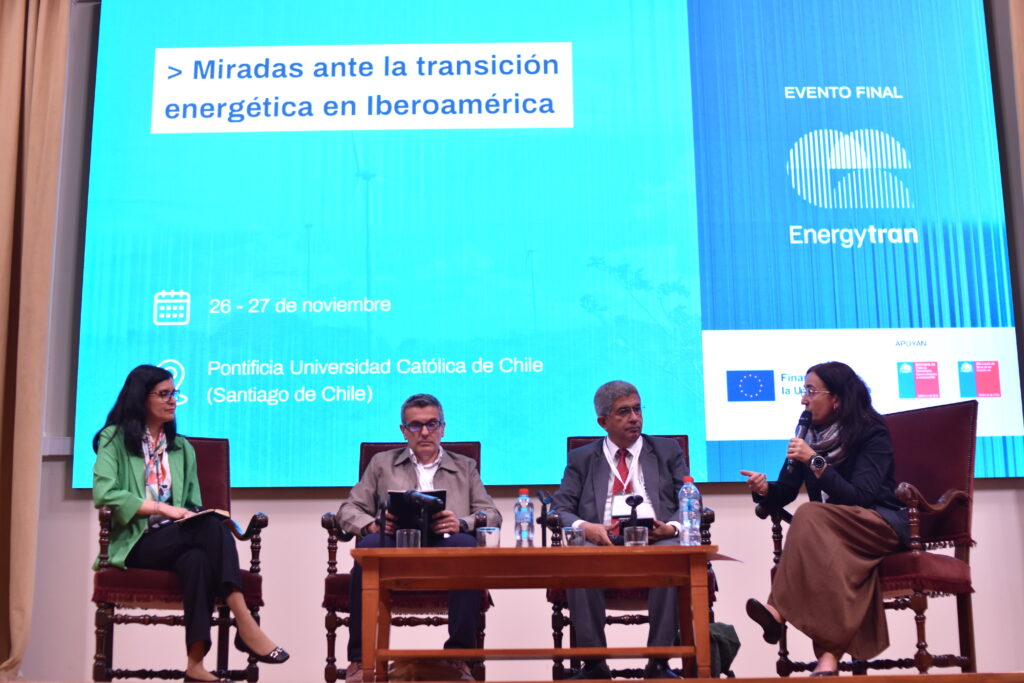
On 26 and 27 November, the Pontificia Universidad Católica de Chile hosted the final event of the EULAC for Energy Transition (Energytran) project, an international initiative that over the past two years has strengthened scientific cooperation between Europe and Latin America and the Caribbean to jointly address the challenges of the energy transition.
Final Event of the Energytran Project: Perspectives on the Energy Transition in Ibero-America (26–27 November 2025, Santiago de Chile)
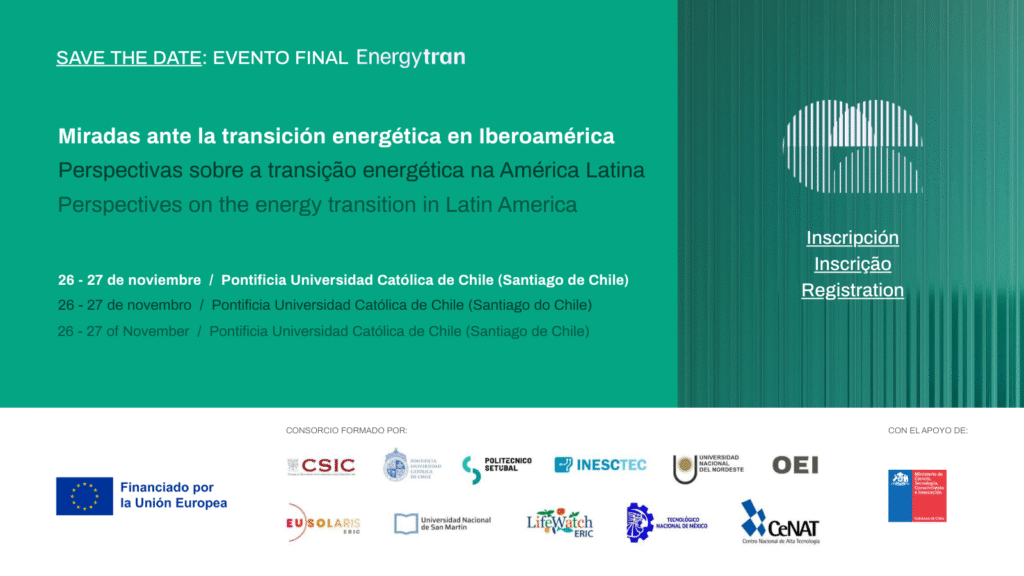
The results of this scientific cooperation between research infrastructures from Latin America and the European Union in the field of energy transition will be presented on 26–27 November 2025 at the Aula Magna of the Pontificia Universidad Católica in Santiago de Chile. This event will mark the conclusion of the two-year Energytran project. It will bring together diverse perspectives on the energy transition in our region, while also serving to identify challenges and chart new avenues for scientific collaboration in this field, viewed through the lenses of public policy, technology, the environment, and social impact.
On October 8 and 9, the virtual event “Towards an Environmentally Sustainable Energy Transition” will take place, within the framework of Energytran.
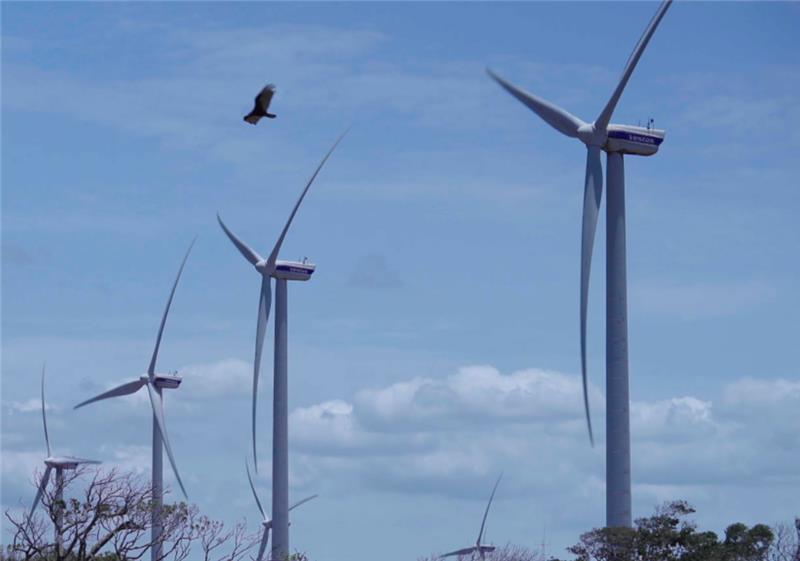
On October 8 and 9, the virtual event “Towards an Environmentally Sustainable Energy Transition” will take place. It will be a space for reflection, delving into the effects that alternative energy systems can have on ecosystems, the main associated changes, and strategies to address them, while also presenting successful examples of policies and regulations for a green transition
GBIF Spain drives open science and sustainability within the framework of the #EnergyTRAN project
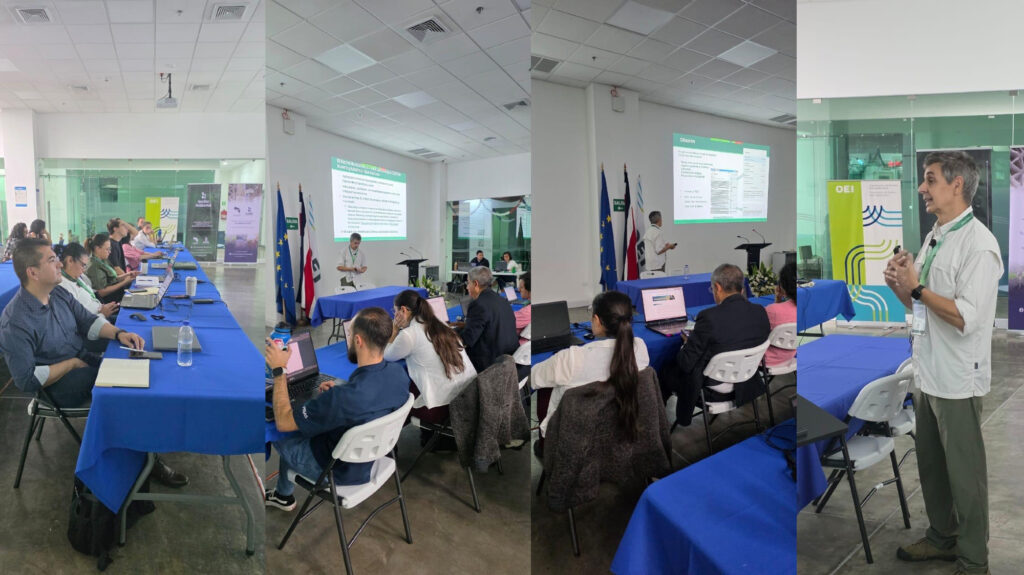
The Spanish National Biodiversity Information Node (GBIF Spain), managed by the Spanish National Research Council (CSIC) on behalf of the Ministry of Science, Innovation and Universities, took part in the international course “Environmental Challenges and Open Science”, recently held in San José, Costa Rica, under the framework of the #EnergyTRAN project.
The Energytran project launches an international course to advance in Open Science face of global environmental challenges
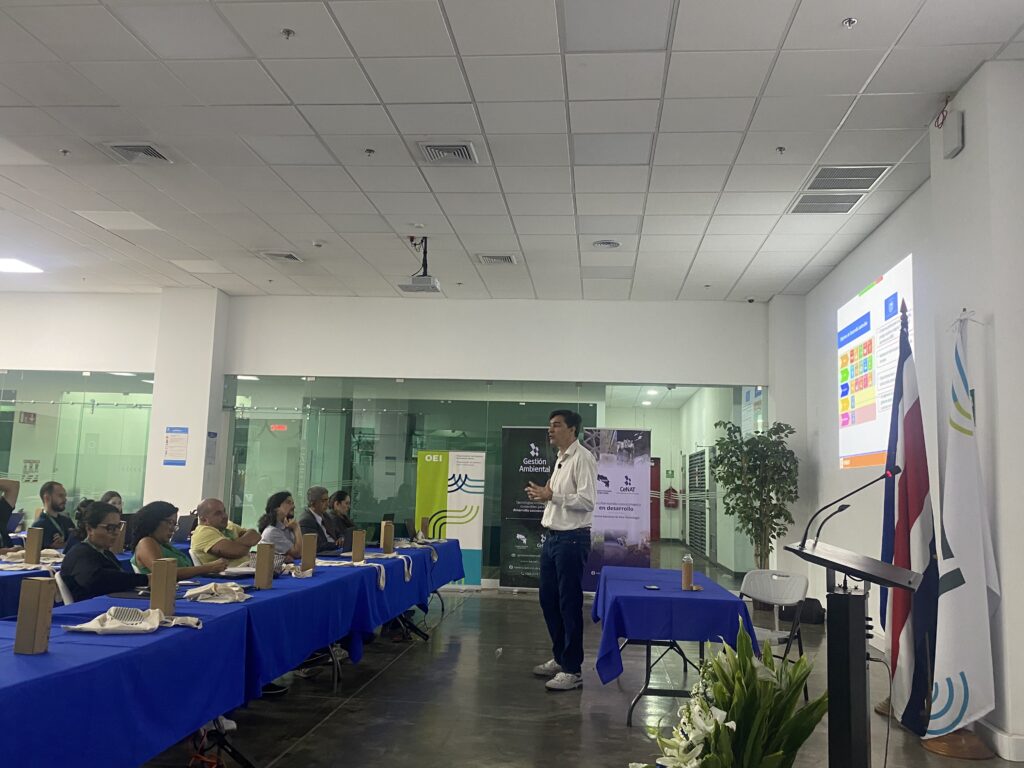
The scientific cooperation project Energytran inaugurated today, September 22, its hybrid course on Open Science, a five-day event bringing together science policy makers and research infrastructure leaders from UNESCO, the European Union, and Latin America and the Caribbean
High-Level Meeting in San José, Costa Rica: OEI establishes strategic partnerships to accelerate energy transition in Ibero-America
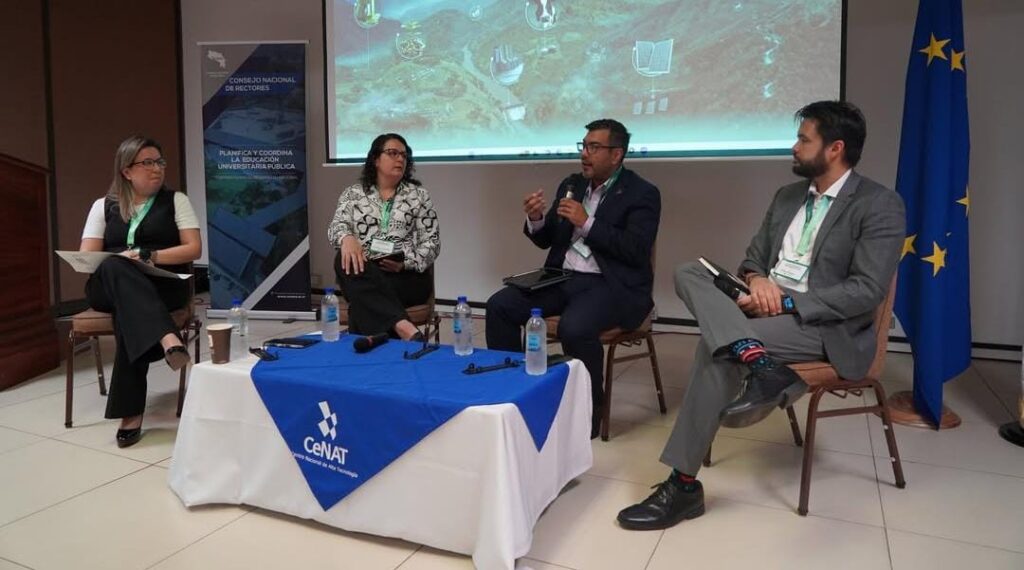
The Organization of Ibero-American States for Education, Science and Culture (OEI) and the National Center for High Technology, through the Energytran Project, brought together leading experts from international cooperation, academia, the public sector, and research consortia for the “High-Level Meeting on Energy Transition and Climate Sustainability.” Held at the National Council of Rectors (CONARE), the event focused on analyzing regional challenges and forging strategic partnerships to accelerate an energy transition that is fair, sustainable, and inclusive across Ibero-America.
Energy transition project at the Ent-r-e-novators Science Policy Conference

As part of the Science Policy Conference, the EnergyTransproject was featured in the Thematic Corner, fostering critical dialogue around the role of international cooperation and citizen science in enabling a fair and sustainable energy transition.
The initiative was highlighted for its capacity to connect applied research with civic engagement and multistakeholder collaboration
Dr. Noemí Sogari, a professor and researcher at the Faculty of Exact and Natural Sciences and Surveying (FaCENA) of the National University of the Northeast (UNNE), recently participated in the city of Madrid (Spain) in the first cycle of “Expert Women, Decision-Making Women,” organized by the Organization of Ibero-American States for Education, Science and Culture (OEI).
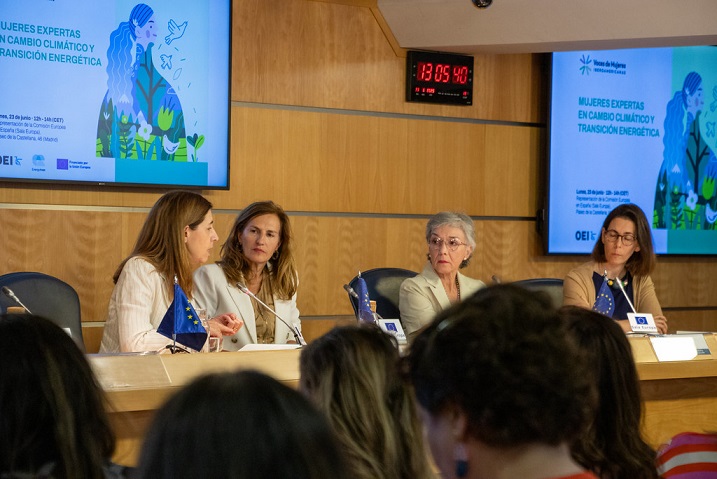
This first meeting brought together experts from various disciplines, representatives of government institutions, international organizations, research centers, civil society, and the private sector to reflect on climate change and energy transition—two of the current top-priority challenges on the global political agenda.



